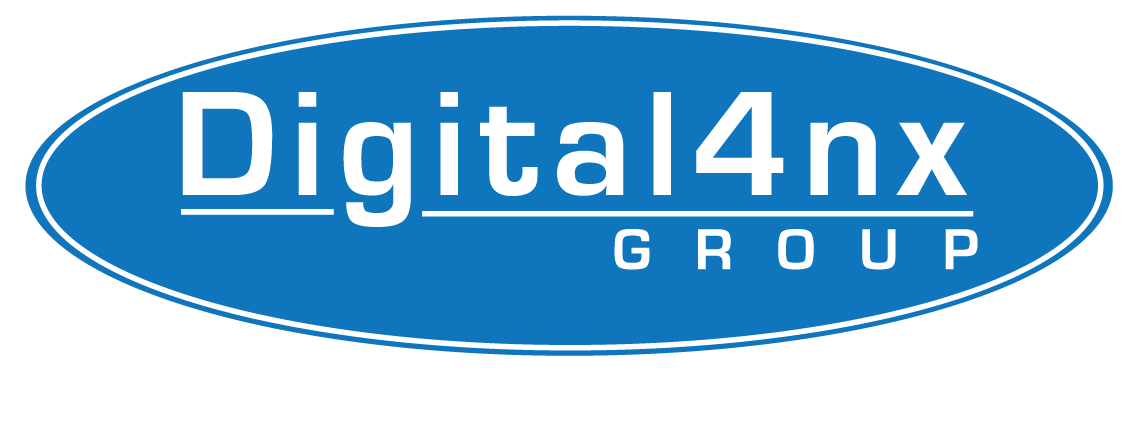🔍Case Study: Misappropriation of trade secrets, Breach of contract, breach of fiduciary duty, civil conspiracy, and tortious interference with contractual relationships
Case Background
MediPharm Solutions SA (“MPSA”) and MediPharm USA Inc. (collectively, “MediPharm”) filed a lawsuit against their former employee, Michael Chen, his new company InnoPharm Solutions, and two former MediPharm executives, Laura Thompson and David Kessler, alleging misappropriation of trade secrets, breach of contract, breach of fiduciary duty, civil conspiracy, and tortious interference with contractual relationships.
MediPharm, a global pharmaceutical company, hired Chen in 2013 to lead its oral biologic pharmaceutical product division. Chen signed an employment agreement with non-solicitation and confidentiality provisions. In April 2024, NexGen Devices Ltd., a leader in medical device manufacturing, contacted Chen about a potential collaboration to adapt NexGen’s delivery technology for MediPharm’s oral biologic drug business. MediPharm alleges Chen failed to disclose this opportunity and instead usurped it to establish InnoPharm Solutions, a competing business wholly owned by NexGen. After resigning in August 2024, claiming he was joining a non-pharmaceutical company in China, Chen allegedly poached ten MediPharm executives and scientists for InnoPharm Solutions.
Digital4nx Group was retained by outside legal counsel to perform a digital forensic investigation to substantiate MediPharm’s allegations, focusing on Chen’s alleged misappropriation of trade secrets, employee poaching, and efforts to conceal his actions.
Investigation Objectives
-
Verify Misappropriation of Trade Secrets: Confirm whether Chen copied MediPharm’s confidential information and trade secrets to external devices or cloud storage.
-
Investigate Employee Poaching: Examine communications to determine if Chen violated non-solicitation provisions by recruiting MediPharm employees to InnoPharm Solutions.
-
Assess Concealment Efforts: Identify evidence of Chen using software cleaning tools or deleting data to cover his actions.
-
Support Legal Claims: Provide forensic evidence to support MediPharm’s claims of breach of contract, fiduciary duty, civil conspiracy, and tortious interference.
Forensic Process
Step 1: Evidence Collection
The forensic team collected the following digital evidence:
-
Company Laptop: Chen’s MediPharm-issued laptop, including local storage, browser history, and system logs.
-
Email Accounts: Chen’s corporate email account on MediPharm’s Microsoft Exchange server, as well as accounts of Thompson and Kessler.
-
Cloud Storage: Access to Chen’s cloud storage accounts (e.g., Google Drive, Dropbox) identified through company records.
-
Instant Messaging: Slack and Microsoft Teams logs for Chen, Thompson, and Kessler.
-
External Devices: USB drives and external hard drives linked to Chen’s laptop.
-
Mobile Devices: Chen’s company-issued smartphone, including text messages, call logs, and app data.
-
Corporate Records: Employment agreements, non-solicitation clauses, and MediPharm’s trade secret documentation.
Step 2: Analysis
Misappropriation of Trade Secrets
-
Laptop Analysis: Digital4nx Group’s team recovered evidence of file transfers from Chen’s laptop to a USB drive on July 15, 2024. Recovered files included MediPharm’s proprietary research on oral biologic formulations and technical specifications for drug delivery systems, marked as confidential.
-
Cloud Storage: Analysis of Chen’s Google Drive account revealed uploads of MediPharm’s trade secret documents, including a folder labeled “Oral Biologics Tech” containing 47 files, uploaded between June and August 2024. Metadata confirmed uploads occurred from Chen’s company laptop.
-
Email Analysis: Further analysis of Chen’s email account showed no direct evidence of him emailing trade secrets to external accounts. However, deleted emails recovered from the Exchange server included drafts addressed to a NexGen executive, discussing MediPharm’s oral biologic technology, dated April 20, 2024.
Employee Poaching
-
Instant Messaging: Microsoft Teams logs revealed private messages from Chen to Thompson and Kessler, dated July 2024, discussing “new opportunities” at a “startup” (presumed to be InnoPharm Solutions). One message to Thompson on July 10, 2024, stated, “Join me, we can build something big with NexGen’s backing.”
-
Text Messages: Digitaln4x’s analysis of Chen’s smartphone uncovered texts to eight other MediPharm employees between June and August 2024, offering “better compensation” and “exciting projects” at InnoPharm Solutions. These communications violated MediPharm’s non-solicitation agreement.
-
LinkedIn Activity: Browser history from Chen’s laptop showed he accessed LinkedIn profiles of MediPharm employees who later joined InnoPharm Solutions, with timestamps aligning with recruitment efforts.
Concealment Efforts
-
Deleted Files and Emails: The recovered evidence of a cleaning tool (CCleaner) installed on Chen’s laptop on August 10, 2024, one day before his resignation. System logs showed CCleaner was used to wipe temporary files and browser history. Recovered email fragments indicated Chen deleted over 200 emails from his MediPharm account between July and August 2024.
-
Disk Wiping: Analysis of Chen’s laptop revealed secure deletion attempts on folders containing trade secret documents. However, forensic carving recovered partial file fragments, confirming their confidential nature.
-
Cloud Activity: Logs from Chen’s Google Drive showed he deleted several files post-resignation, but forensic tools restored metadata linking the files to MediPharm’s proprietary data.
Collaboration with NexGen
-
Calendar and Emails: Chen’s calendar entries showed meetings with NexGen representatives in May and June 2024, not disclosed to MediPharm’s board. Recovered emails included a draft agreement between Chen and NexGen, dated July 20, 2024, outlining InnoPharm Solutions’s formation with NexGen’s funding, supporting MediPharm’s claim of a usurped business opportunity.
Findings helped substantiate the Complaint:
-
Misappropriation of Trade Secrets: Chen copied MediPharm’s confidential oral biologic technology documents to a USB drive and Google Drive, violating confidentiality provisions. These actions occurred while he was still employed, supporting Counts I and II of the Amended Complaint.
-
Employee Poaching: Chen actively recruited ten MediPharm employees, including Thompson and Kessler, to InnoPharm Solutions, breaching non-solicitation clauses (Count III). Communications confirm a coordinated effort, supporting the civil conspiracy claim (Count V).
-
Concealment: Chen’s use of CCleaner and deletion of emails and cloud files indicate deliberate attempts to cover his actions, further supporting breach of fiduciary duty (Count IV).
-
Tortious Interference: Evidence of Chen’s recruitment and NexGen’s involvement with InnoPharm Solutions supports MediPharm’s claim of tortious interference by InnoPharm Solutions, Thompson, and Kessler (Count VIII).
-
Bias in Collaboration: Chen’s undisclosed communications with NexGen and the formation of InnoPharm Solutions confirm he usurped a business opportunity, supporting breach of fiduciary duty claims (Counts IV, VI, and VII).
